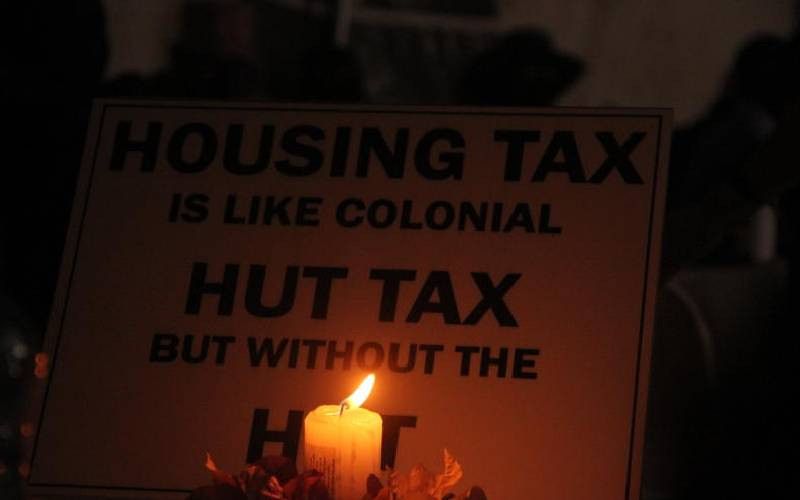×
The Standard e-Paper
Smart Minds Choose Us

I choose to doubt that the cost of living will come down anytime soon. Prices have gone up; they will not drop. The high taxes we are subjected to will not lead to any meaningful economic progress, at least for the poor who are the majority.







